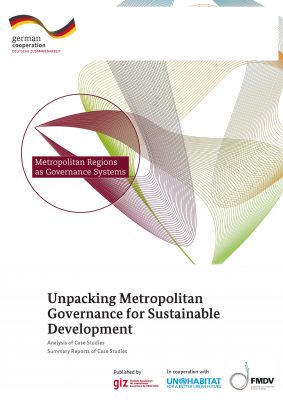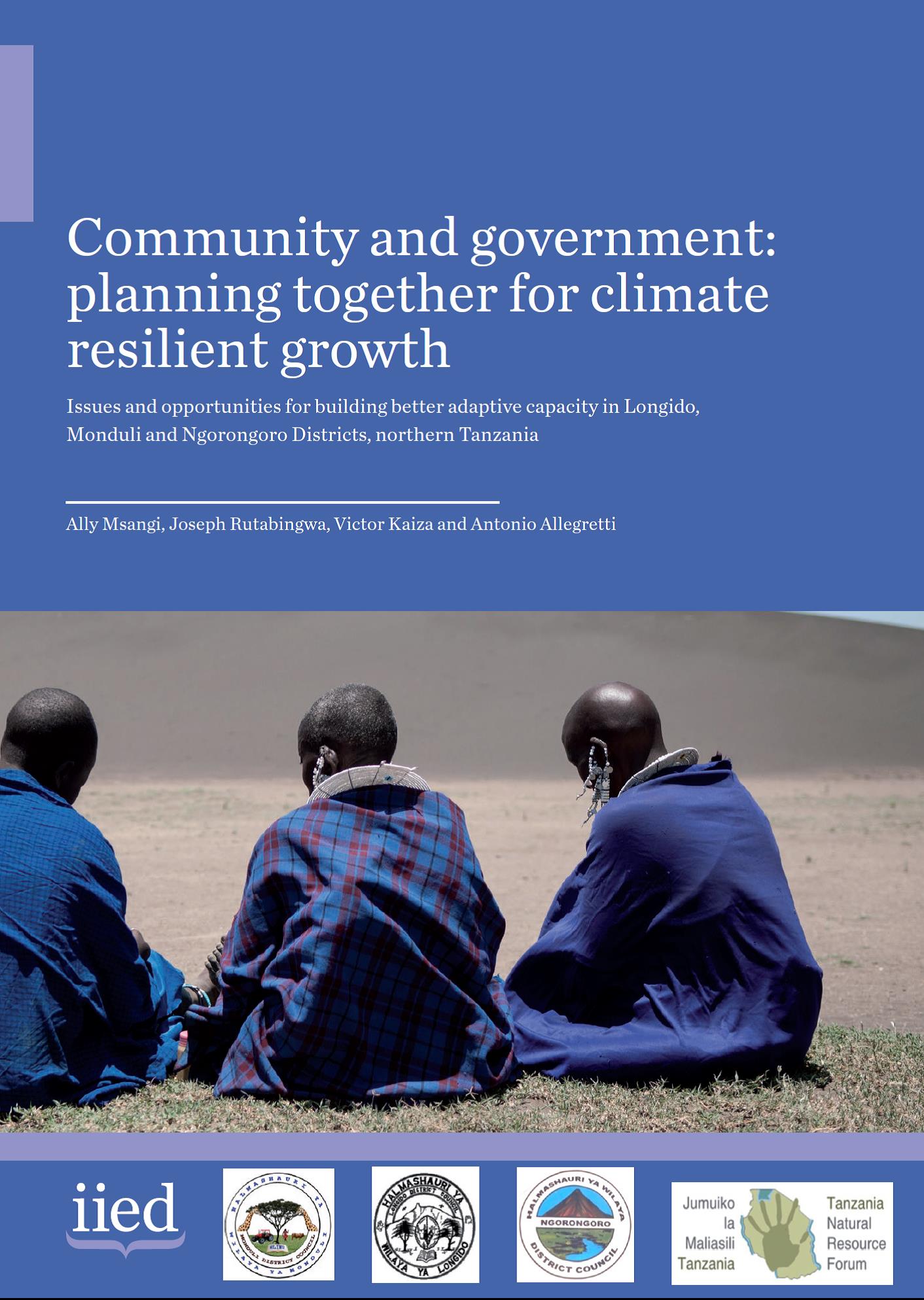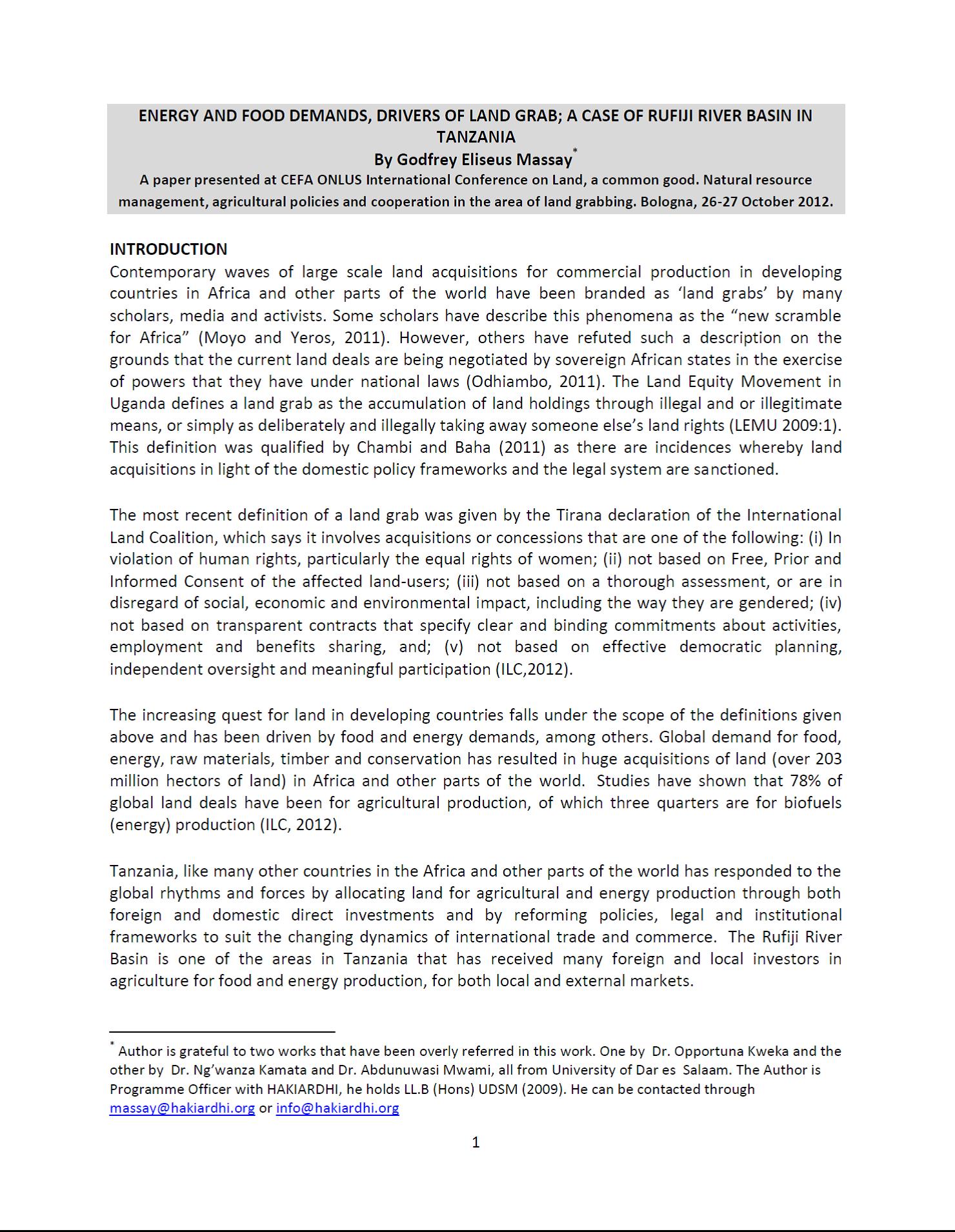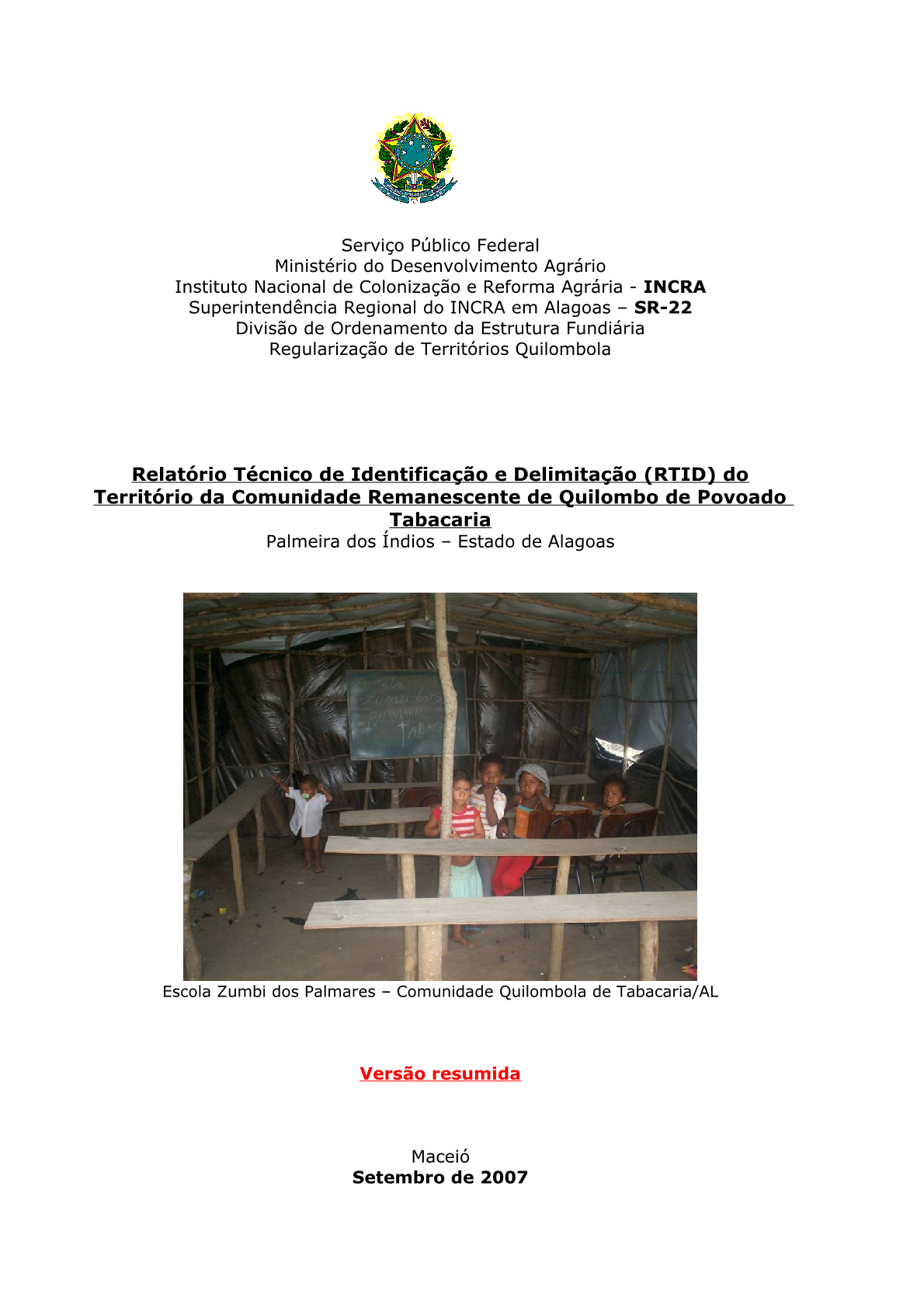Urban land development in practice
This case study draws on research that sought to understand the process of urban land development in practice, from the perspectives of developers and municipalities. The research was undertaken by the Department of Town and Regional Planning, University of Pretoria, commissioned by Urban LandMark. The resource includes some learning and reflection activities based on the case study. These activities can be done individually or in groups, as appropriate for the learning session.












